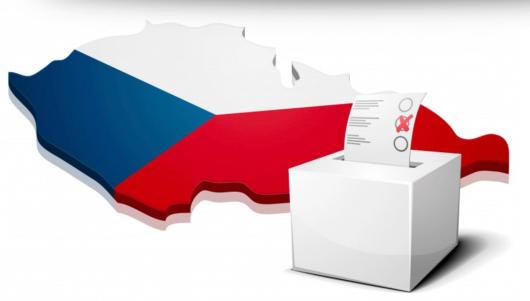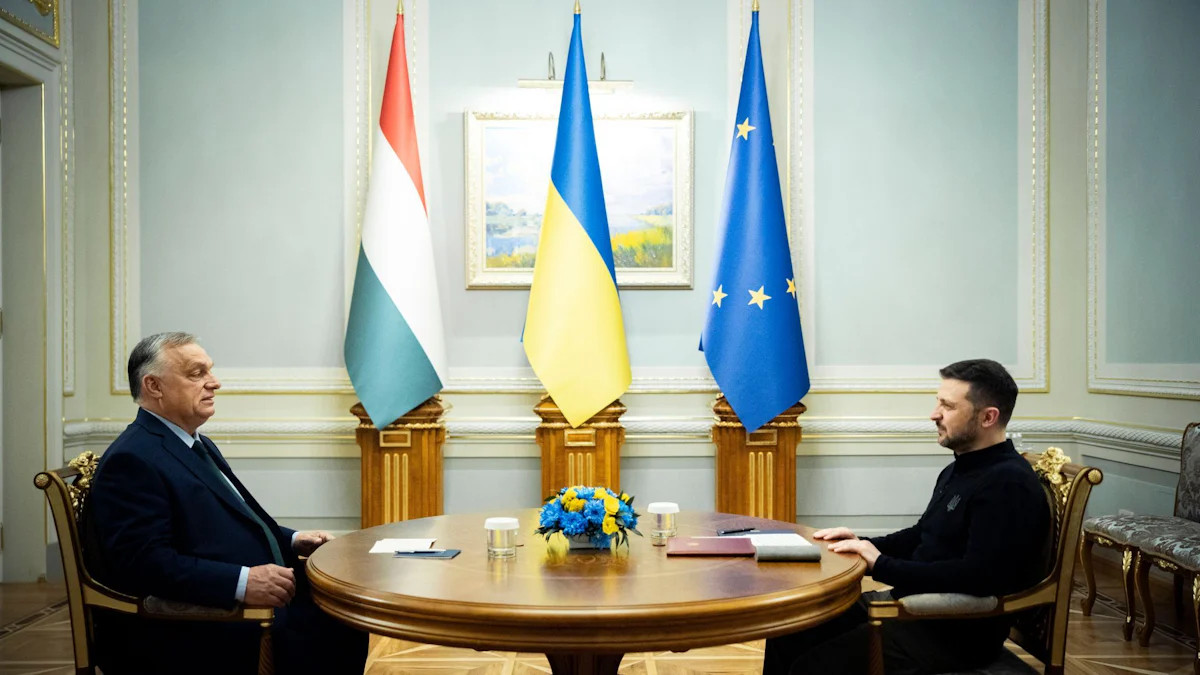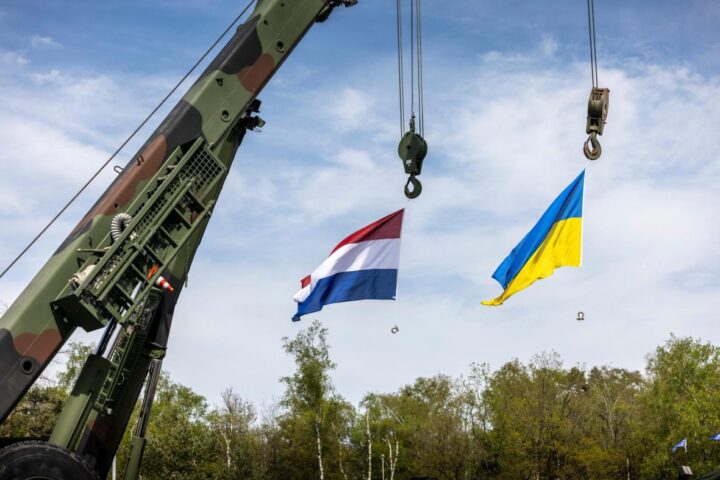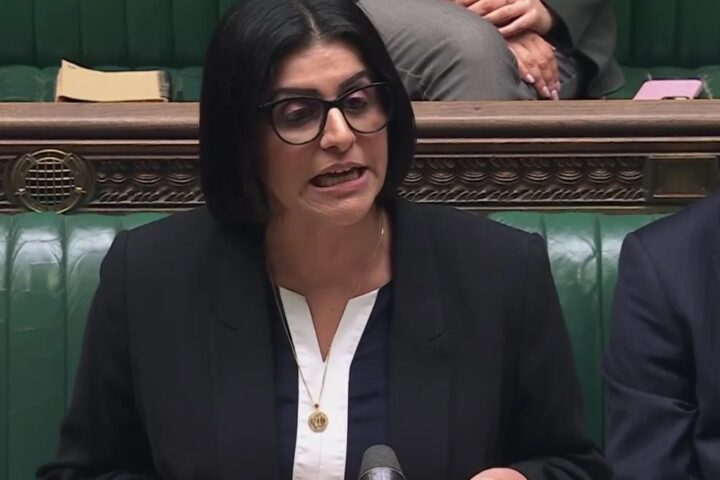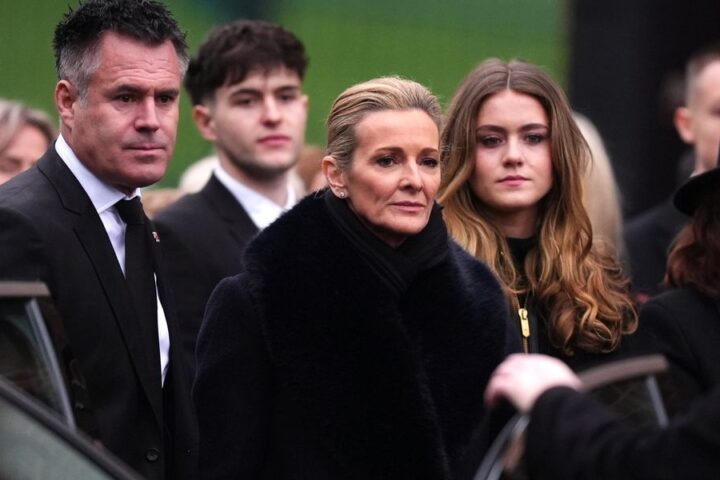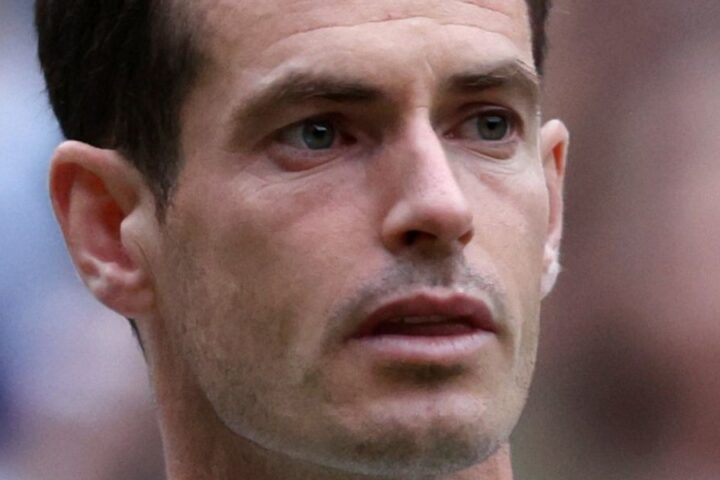As Czech citizens prepare for the parliamentary elections on October 3–4, 2025, Europe faces a critical juncture. Over the past year, Russia has intensified hybrid attacks against European states, including airspace violations by drones and aircraft, sabotage of infrastructure, undersea cable damage, cyberattacks, and disinformation campaigns. These actions underline that the threat is not abstract: Czech national security is directly at stake, and safeguarding it requires broad public engagement.
Rising populism and pro-Russian sentiment shape the campaign
The opposition movement ANO, led by populist and Eurosceptic Andrej Babiš, is notable for its pro-Russian stance. Past revelations from the Pandora Papers indicate Babiš’s collaboration with the Czechoslovak secret police StB under the codename “Bureš” between 1982 and 1985. Evidence collected by the Slovak National Memory Institute suggests that this work involved delivering sensitive information to the communist regime, though a full dossier has disappeared. Czech lustration laws prevent cooperation with Soviet-era intelligence from public office, but no such restriction has applied to Babiš. Analysts suggest that undisclosed files linking him to Russian intelligence may still exist in Kremlin archives.
Babiš also built his business empire, including the conglomerate Agrofert, through questionable EU subsidy practices during his premiership, fueling concerns about governance transparency.
Defence policy and international alignment under scrutiny
Throughout the campaign, Babiš has tempered his rhetoric on Russia’s war in Ukraine, but his position remains unequivocal. He has pledged to cancel the Czech initiative to supply ammunition to Ukraine if returned to power, citing alleged lack of transparency. While rejecting full withdrawal from the EU or NATO, Babiš’s persistent scepticism toward these institutions undermines cohesion at a time of heightened security risks.
Information warfare and influence operations ahead of elections
A report by Czech cyber security firm Online Risk Labs revealed that, just weeks before the vote, some 300 TikTok accounts were pushing pro-Russian narratives. These posts opposed the EU and NATO, justified Russia’s war in Ukraine, and promoted right-wing populist parties such as ANO, SPD, and Stačilo!. With weekly reach of five to nine million views—surpassing major party leaders—the campaign illustrates how online influence operations are shaping voter perceptions, amplified by TikTok’s popularity among Czech citizens.
Public opinion and refugee policy as election issues
Several parties, including ANO and SPD, have expressed critical views on Ukrainian refugees in the Czech Republic, linking them to inflation. Official figures from the Czech Ministry of Labour and Social Affairs show that Ukrainian refugees contributed more than CZK 15 billion in taxes in the first half of 2025, while the related expenditure was CZK 7.6 billion. Minister Marian Jurečka noted that refugee contributions have exceeded costs since the third quarter of 2023, suggesting a more complex economic picture.
Coalition possibilities and European implications
If ANO fails to secure 101 of 200 seats necessary for a majority, coalition-building will be unavoidable. The outcome could alter the Czech Republic’s stance on defence, NATO cooperation, and European solidarity. Analysts warn that a government less committed to EU integration could embolden adversarial actors and weaken regional stability. As Czech voters cast ballots this October, the implications extend far beyond Prague, influencing the resilience of democratic Europe amid escalating hybrid threats.
